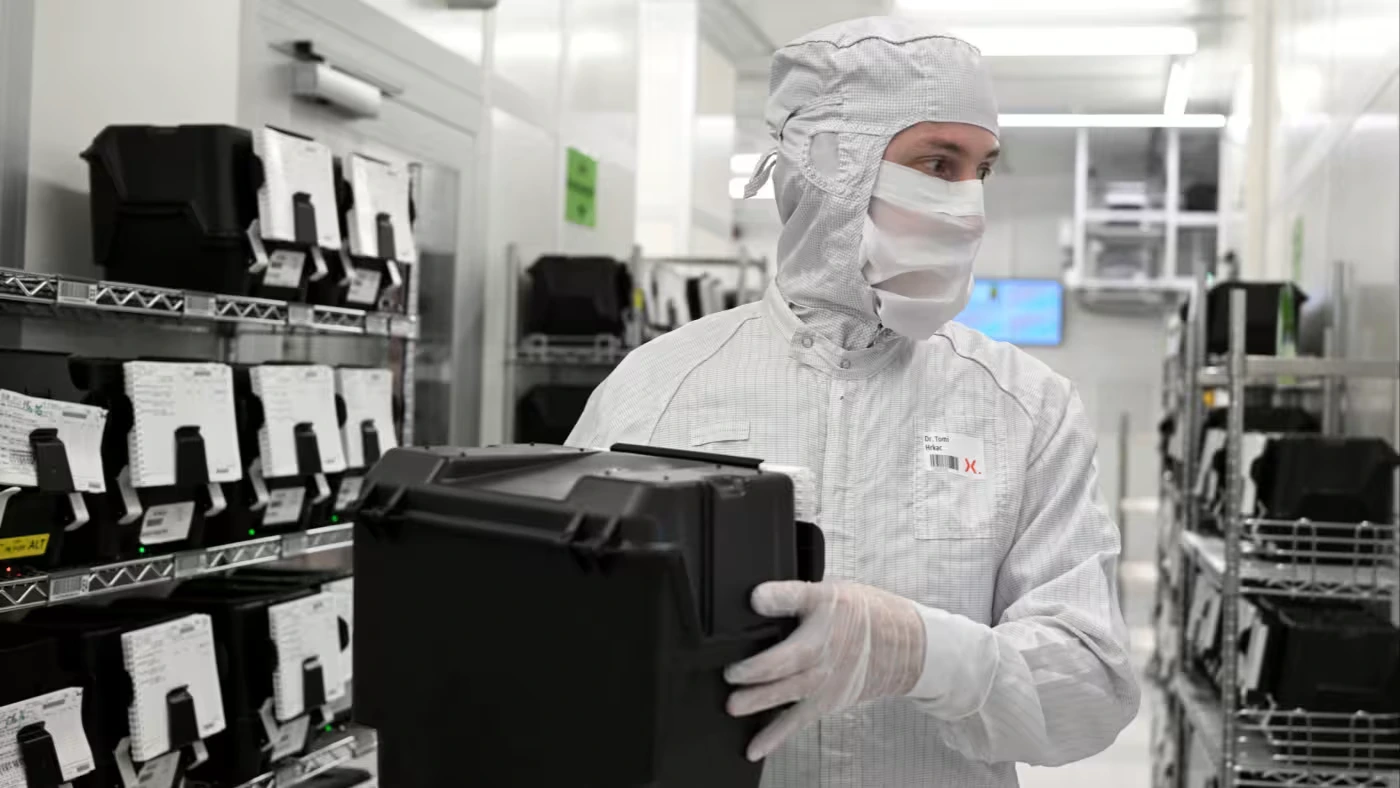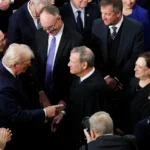The Dutch government unexpectedly took control of Nexperia, one of Europe’s key semiconductor manufacturers, after Washington issued an ultimatum: the company would not be removed from the U.S. export control “entity list” unless its Chinese chief executive, Zhang Xuezheng, stepped down. This information was revealed in Dutch court documents.
The move marks yet another episode in the escalating global struggle for technological supremacy between the United States and China. The Dutch Ministry of Economic Affairs officially dismissed Zhang, who was also the main shareholder of the company — effectively placing the Netherlands in the middle of the Washington-Beijing confrontation.
U.S. Pressure and Amsterdam’s Response
Nexperia, headquartered in Nijmegen, is a key supplier of specialized but low-margin chips to the European automotive industry. The company was sold to a Chinese consortium in 2017 and later acquired by Wingtech.
As The Financial Times reported, filings published by the Amsterdam Court of Appeal showed that as early as June, U.S. officials had warned the Dutch government that Nexperia’s efforts to separate its European operations from its Chinese business were proceeding too slowly.
In September, the U.S. Department of Commerce effectively issued an ultimatum, stating that restrictions placed on Wingtech would automatically extend to its Dutch subsidiary, Nexperia.
What the “Entity List” Means — and Why It Matters
The so-called entity list is a tool used by Washington to impose export controls on organizations deemed a threat to U.S. national security or foreign policy interests.
Being placed on this list means that American companies cannot supply technology or equipment to the listed entity without a special license — a license that is notoriously difficult to obtain. In practice, this cuts off access to advanced technologies and semiconductor components.
According to minutes of a meeting between the Dutch Foreign Ministry and the U.S. Bureau of International Security and Nonproliferation, Washington directly expressed its dissatisfaction:
“The fact that the company’s CEO is still the same Chinese owner is problematic. It is almost certain that the CEO will have to be replaced to qualify for the exemption from the entity list.”
The U.S. had already added Wingtech to the entity list in 2023, accusing it of helping China acquire sensitive semiconductor manufacturing technology. On September 30, 2024, Washington expanded the list to include subsidiaries of the targeted firms — meaning that Nexperia would also fall under restrictions by the end of November.
A Rare Emergency Move by The Hague
On the same day, Dutch Minister of Economic Affairs Vincent Karremans invoked the Goods Availability Act, a 70-year-old emergency law, for the first time in history. The goal was to “preserve Nexperia’s business operations and production assets.”
According to Reva Goujon, director at the consulting firm Rhodium Group, the decision was a necessary one:
“The Dutch government could perfectly understand that the new U.S. rule on subsidiaries was going to create real problems for them.”
Nexperia’s Attempt to Prove Its “European Identity”
Court filings reveal that in early 2024, Nexperia began discussions with the Dutch government to gain legal recognition as a “Dutch company,” in an attempt to counter public concerns over its Chinese ownership.
However, Zhang Xuezheng strengthened his control over the company after Wingtech’s 2019 takeover and opposed any move that could limit shareholder influence.
In December, the Ministry of Economic Affairs demanded that Nexperia demonstrate operational independence from its Chinese parent, adopt stronger cybersecurity measures, and establish internal oversight mechanisms.
The company’s response on March 28 rejected these demands:
“A clear or unconditional guarantee of Dutch/European identity cannot be given, as this would excessively restrict the shareholder’s rights and unreasonably limit the company’s flexibility regarding its business plans.”
Governance Breakdown and the State Takeover
In September, Zhang revoked the banking authorizations of three of Nexperia’s financial officers, raising concerns among the European members of the executive board. Shortly afterward, the Dutch government announced a temporary external administration, citing “serious governance shortcomings.”
Experts from the Rhodium Group note that Wingtech may try to challenge the seizure in court. However, the Goods Availability Act gives the Dutch government exceptionally broad powers to intervene in private business when national security is at stake.
China’s Response and Hopes for Compromise
Amid the ongoing dispute, Nexperia expressed confidence that a solution could be found to lift U.S. restrictions.
On October 4, China’s Ministry of Commerce banned Nexperia China and its subcontractors from exporting specific finished components and sub-assemblies produced in China.
“Nexperia is actively engaging with Chinese authorities to obtain an exemption from these restrictions,” the company said in an official statement.
Europe’s Strategic Dilemma
According to The Financial Times, the Nexperia case illustrates how even traditionally neutral European nations are being pulled into a new technological Cold War. U.S. pressure and China’s countermeasures are placing entire industrial sectors at risk.
For the Netherlands — home to ASML, the world leader in semiconductor lithography machines — this is not merely an economic issue but one of strategic sovereignty. The Nexperia takeover highlights how swiftly technological competition has turned into a key instrument of global power politics.
This article was prepared based on materials published by The Financial Times. The author does not claim authorship of the original text but presents their interpretation of the content for informational purposes.
The original article can be found at the following link: The Financial Times.
All rights to the original text belong to The Financial Times.


















